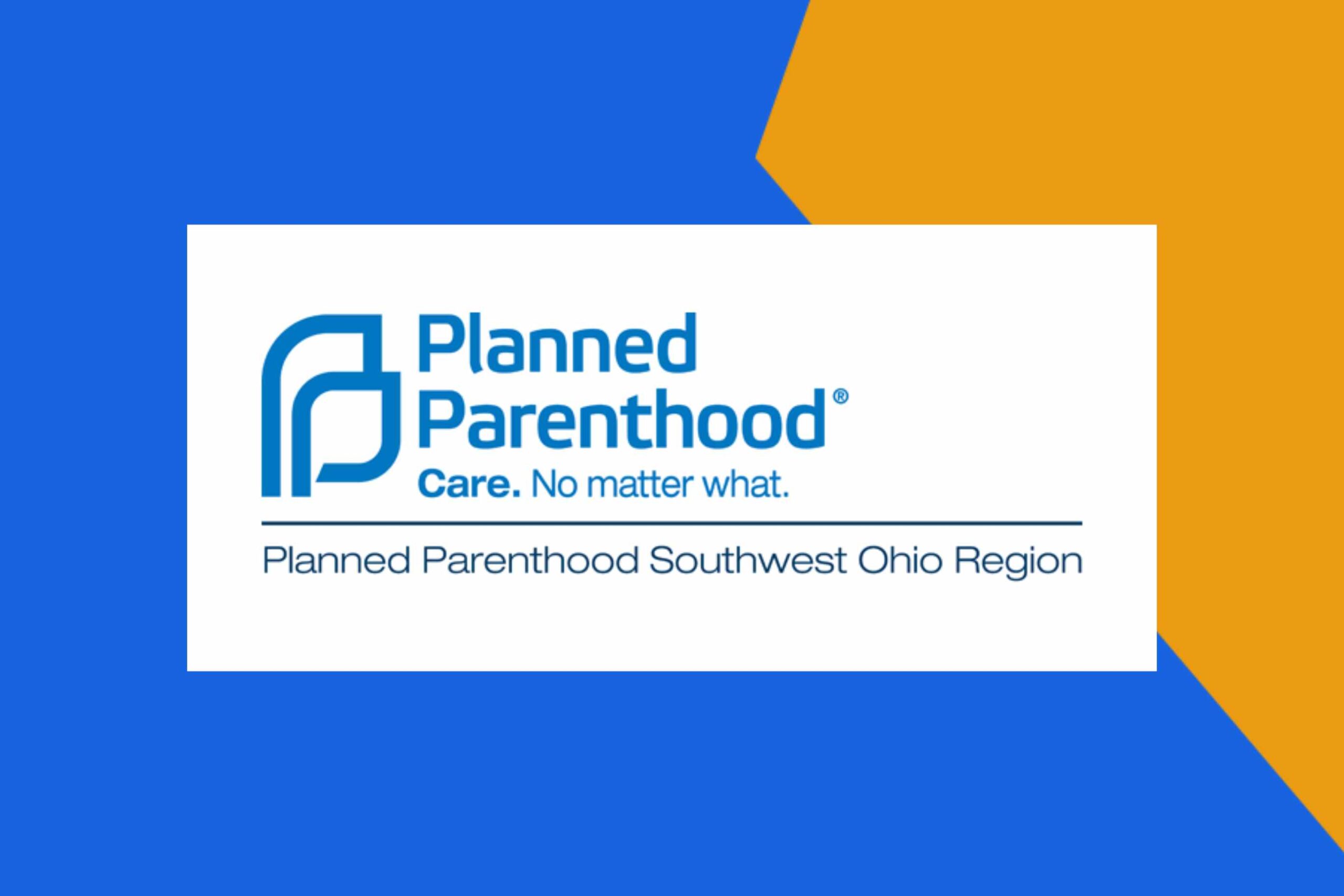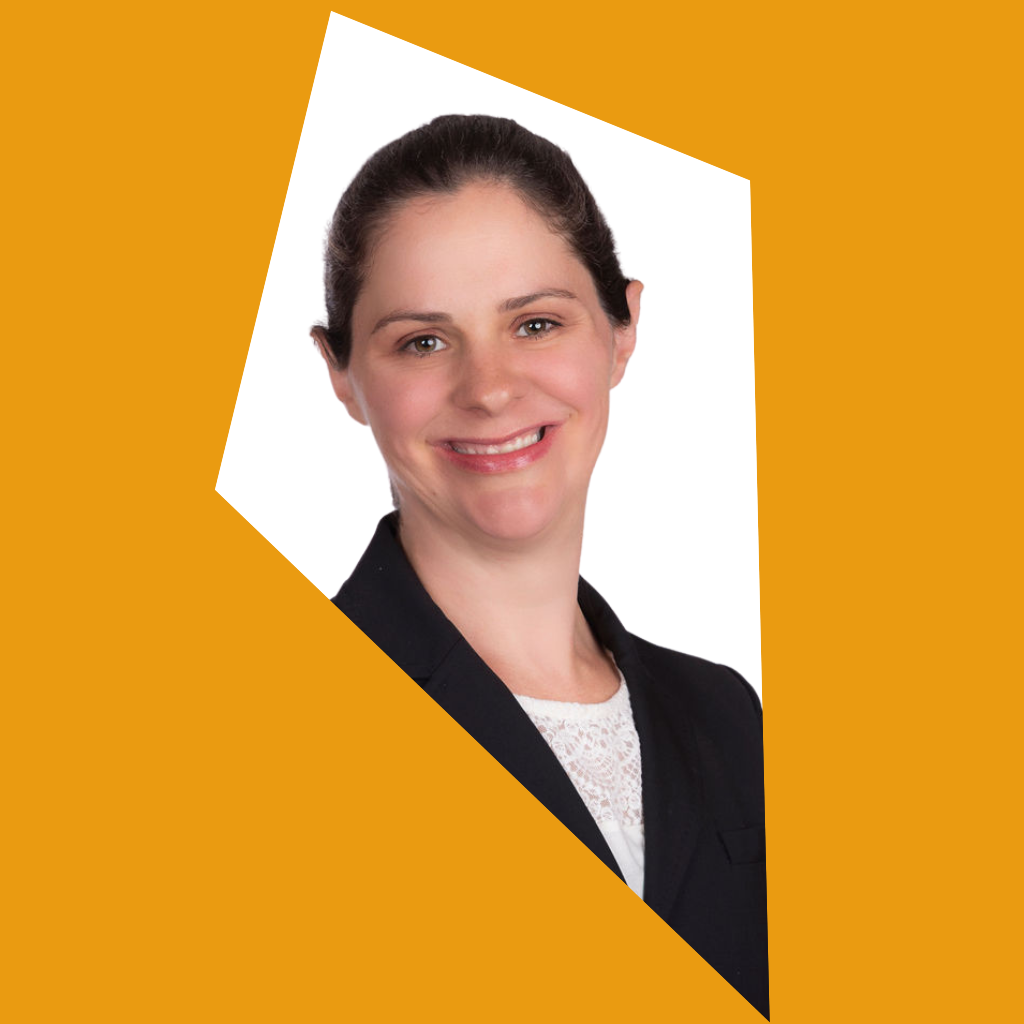
Building a Compensation Philosophy with Planned Parenthood Southwest Ohio Region
Defining an equitable compensation structure is a significant project for any organization, but nonprofits face particular challenges. For starters, how do they ensure equitable compensation practices when facing significantly more budget constraints than many for-profit organizations? Additionally, how can nonprofits bring the principles guiding their client work into their internal structures?
Planned Parenthood Southwest Ohio Region (PPSWO) seeks to “provide access to high-quality health care and education that empower people to make informed private decisions about their reproductive lives and sexual health.” To further their mission and continue to serve their communities, PPSWO knew they needed to improve how they attracted the best staff for their roles and, more importantly, keep those talented people. Edgility Principal Jennifer Svendsen and Talent Equity Consultant Nathaniel Browning worked together with PPSWO representatives, Vice President of Human Resources, Leslie Mitchell, and Vice President of DEI, Rashida Manuel, to create a compensation philosophy for the organization and to guide the creation of an equitable compensation structure.
The Starting Point: How do you create an equitable pay structure?
Like many Planned Parenthoods around the country – and other nonprofit health systems – Planned Parenthood Southwest Ohio Region serves a large population of uninsured patients, as well as those with Medicaid. The payout, even for those with government health care, is much less than that of providers who receive payments from private healthcare. This results in an extreme mismatch between the number of individuals served and the revenue generated. It also results in a budget that doesn’t leave much wiggle room when it comes to compensation. PPSWO’s VP of Human Resources, Leslie Mitchell, SHRM-SCP, shared what led her to seek support.
“As with most other organizations, we were faced with challenges around retention, and compensation played a large role. We are a fairly small nonprofit organization and simply cannot compete with the area hospital systems in terms of pay. We needed a way to communicate our values and structure to attract and retain top talent.”
PPSWO was also unsure what pay equity looked like for an organization like theirs. In response to survey feedback about pay and pay transparency, leadership was seeking a strategy / solution to address these concerns but they did not have a clear understanding of how best to do so.
The Work: Creating a Compensation Philosophy & Structure
Edgility’s solution for PPSWO was two-fold: begin with a compensation philosophy and then engage that philosophy to create a structure around compensation and advancement. The Edgility team surveyed staff to discover what factors mattered most internally, looking at compensation/salary, organizational attributes, and intangibles like “my job gives me purpose”. Using that data, they then built a compensation philosophy that Leslie and other leaders could use to anchor their discussions around compensation in the future, both in the upcoming work with Jen and Nate and afterward with current staff and as part of their hiring process.
“[Edgility was] the only firm we interviewed that put an emphasis on the input from our employees. We strongly believe this [new compensation philosophy] will lift our organization to an even higher level through placing our people at the heart and through providing a values-based approach to compensation.”
With a values-based framework in place, Edgility and PPSWO moved on to creating a job-level structure for every role in the organization. This meant providing criteria at each job level that would define expectations for each role, such as, the necessary years of experience, management scope, and organizational impact of the role. This high-level job framework allowed Edgility to place all roles into job levels that PPSWO can use with staff to visualize career progression. In practice, these job levels empower team members to see what is needed for each next step in their career without needing to leave Planned Parenthood.
Moving Forward: Pay Equity in Practice for Nonprofits
Improving staff retention and employee pay equity were key factors for Planned Parenthood Southwest Ohio Region in their work with Edgility.
“Several of our core values speak to our desire to increase equity and belonging in [our] organization. The pay equity and transparency work with Edgility is absolutely helping us achieve these goals and objectives.”
For nonprofits, pay equity does not happen overnight. Budgets are – and will continue to be – a challenging factor for organizations seeking to deliver equitable compensation. Edgility leveraged its Scenario Planning Tool (talk with one of our experts to learn more) to provide PPSWO with several budget scenarios. We created a three-year plan based on a compensation level PPSWO felt was feasible. This would enable them to make immediate adjustments as needed, with a solid plan to ensure all staff reach their new level. And in this case, this guide allowed the Planned Parenthood team to determine what they could reasonably afford and to start the process of rolling out both their new philosophy and their plan to leaders and staff, in the hope of gaining valuable buy-in. We are honored to have partnered with PPSWO on this project, and we look forward to seeing them achieve their equity goals with their new plan.

Meet the expert:
Jennifer Svendsen
Principal
- Builds Equitable Organizations
- Talent Management Support
- Closes Wage Gaps





